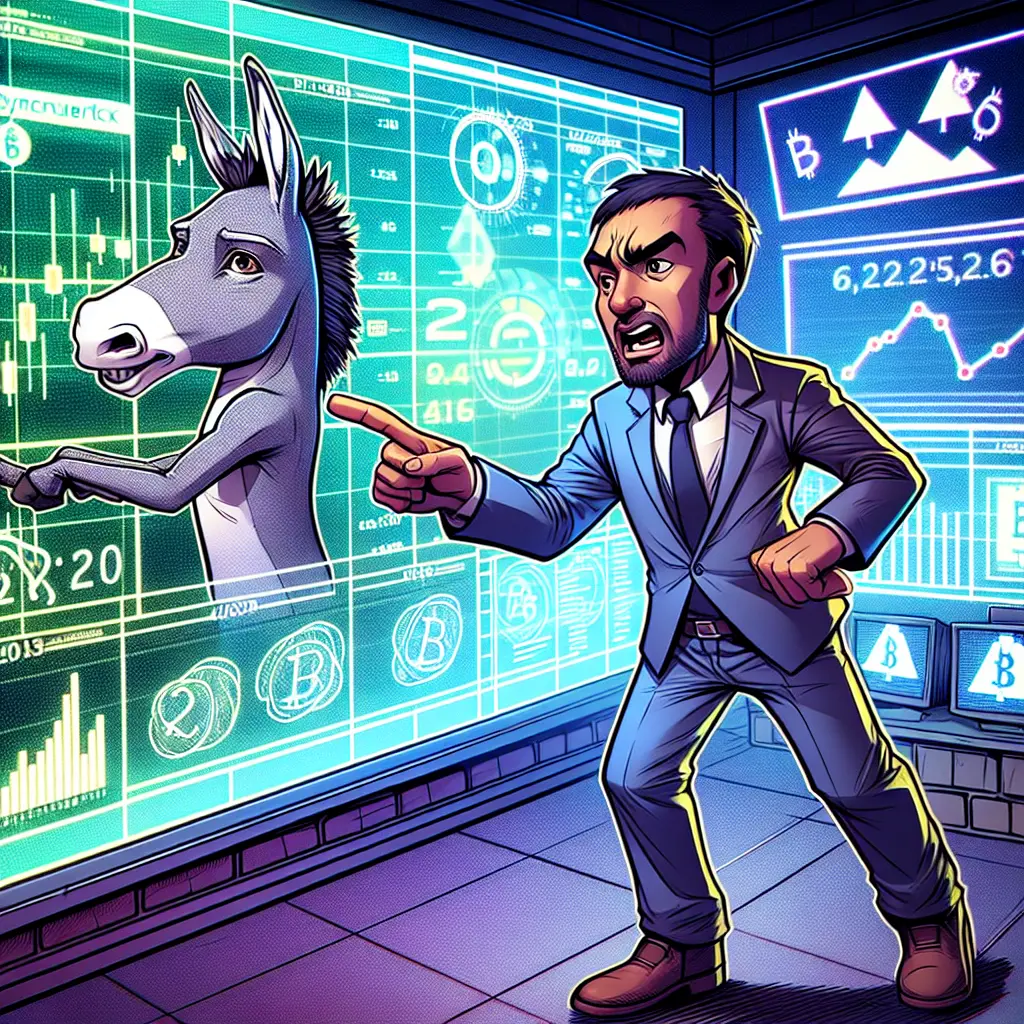
Charles Hoskinson Calls for Greater Crypto Industry Support Ahead of 2024 Elections
In recent developments, Charles Hoskinson, the renowned founder of the Cardano (ADA) blockchain, has openly challenged Vice President Kamala Harris and the broader Democratic Party regarding their stance on the cryptocurrency industry. Through a series of intense social media posts, Hoskinson expressed his concerns over what he perceives as the "brutal abuse" of the crypto space, emphasizing the need for substantial dialogue and support before the 2024 elections.
The Cardano blockchain is celebrated for its innovative approach and commitment to creating a more secure and scalable environment for digital assets. However, like many within the crypto community, Hoskinson is deeply concerned about political actions that might hinder innovation and growth in this burgeoning sector.
Key Concerns Highlighted by Hoskinson:
Regulatory Pressure: One of the primary concerns is the perceived overreach of regulatory frameworks that could stifle technological advancements and limit the potential of cryptocurrencies to benefit society.
Democratic Party's Stance: Hoskinson criticized the Democratic Party's current position, urging them to reconsider their approach to ensure a more balanced and supportive environment for blockchain technologies.
The Role of Vice President Harris: As a prominent political figure, Vice President Harris has been specifically called upon by Hoskinson to address these concerns and to foster a more conducive atmosphere for crypto development.
Why This Matters
Cryptocurrencies like Cardano are not just financial tools; they represent a new wave of technology capable of transforming various sectors, from finance to supply chains. The industry's future relies heavily on the regulatory landscape, which can either propel it forward or hold it back. The call from industry leaders like Hoskinson underscores the importance of constructive engagement between policymakers and innovators.
Looking Ahead
As we approach the 2024 elections, it's crucial for political leaders to engage with industry stakeholders to understand better and address the challenges facing the crypto sector. Fostering dialogue will ensure that regulations protect consumers without stifling innovation. This balanced approach could position the United States as a leader in blockchain technology.
In conclusion, Charles Hoskinson's outspoken remarks serve as a rallying cry for those invested in the future of digital currencies. By encouraging open discussions with political figures like Vice President Harris, there's hope for a brighter future where innovation thrives alongside thoughtful regulation.
For further reading on this topic, you can view the original article here.
With blockchain innovation and the future of digital assets at heart,
Gavin Spencer